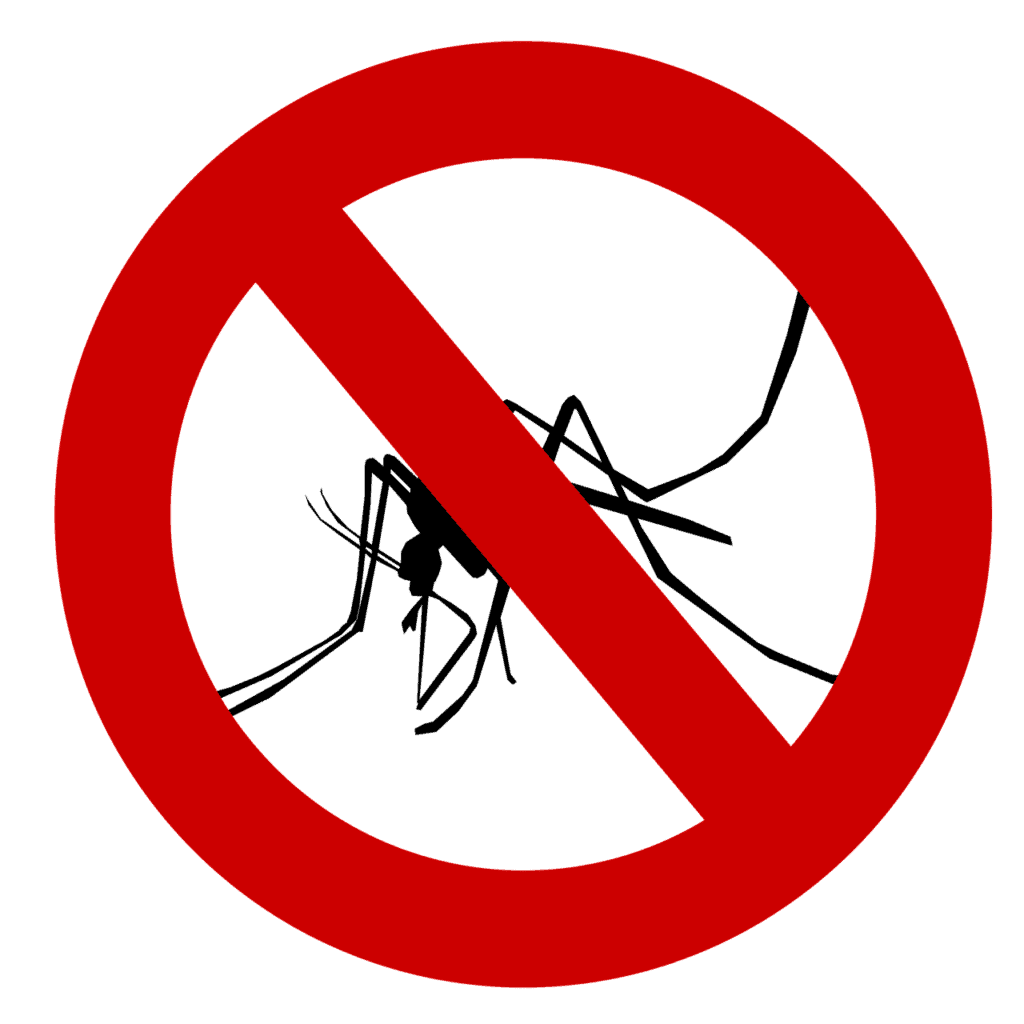
The Camden County Mosquito Control Commission was active in the community on May 30 spraying and surveilling areas to manage the insect’s population.
Commissioner Jeff Nash – liaison to the commission – emphasized the need to address standing water.
“It’s important for homeowners to check their yard and get rid of any standing water to prevent mosquitos from spreading,” he explained. “Be sure to check flower pots and other plastic containers for standing water. Being proactive can have a major impact on the mosquito population and help the hardworking people at the Camden County Mosquito Control Commission in their efforts.”
Mosquitoes are a significant county issue, disrupting outdoor activities and businesses and posing health risks by spreading disease. New Jersey is home to more than 60 species of the insect, and Camden County alone has identified 34 of them.
Mosquitoes in the area can diseases such as West Nile virus, Eastern Equine and other types of encephalitis, dog heartworm and malaria. West Nile is particularly dangerous for young children, the elderly and individuals with weakened immune systems.
The mosquito season in New Jersey typically begins in April and lasts until October. Mosquito activity peaks in late spring, summer, and early fall, especially during humid evenings. When temperatures fall below 50 degrees, they become dormant.
The commission conducted ULV (ultra-low volume) spraying operations between 2 and 6 a.m. on the 30th in Cherry Hill, Gloucester Township, Voorhees and Clementon.
Nash highlighted the commission’s collaboration with the Public Health Environmental Laboratories in Trenton to monitor and manage West Nile virus and other communicable diseases in mosquito populations.
“If a pool tests positive, the mosquito commission returns to spray the area,” he noted. “The sprayings take place when the mosquitoes are most active.”
The mosquito spray is not harmful to humans or pets, but those with respiratory concerns or sensitivity to irritants should avoid direct contact. Residents are encouraged to inspect their properties for any objects that can hold water for more than a few days, as mosquitoes require stagnant water to develop. Common problem areas include swimming pools, which can breed the insects quickly if not properly maintained.
Following are tips to reduce mosquito breeding:
- Dispose of unnecessary containers that hold water or turn them upside down.
- Dump water from flower pot dishes weekly.
- Add mosquito larvicide or fish to ornamental ponds.
- Change water in bird baths, fountains and animal troughs weekly.
- Screen vents to septic and other water tanks.
- Store boats to prevent water accumulation.
- Avoid dumping leaves or grass clippings into catch basins or streams.
- Ensure trash can lids and tarp surfaces do not collect water.
- Check downspouts for standing water.
For more information or to report a problem, contact the Camden County Mosquito Commission at (856) 566-2945 or [email protected].









